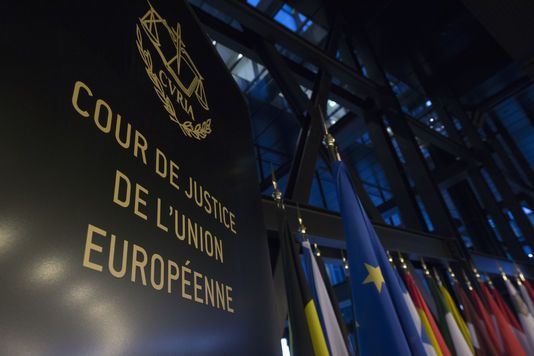On November 12th, the Court of Justice of the European Union decided that foodstuffs originating in occupied territories and imported in the EU could not be labelled as “made in Israel” but as goods coming from Israeli settlements. The omission of this indication, states the Court, might mislead consumers. The Court of Justice states in its decision that the provision of information to consumers must enable them to make informed choices, with regard not only to health, economic, environmental and social considerations, but also to ethical considerations and considerations relating to the observance of international law. This decision strengthens the directive—supported by JCall— of the European Commission in 2015, requiring the place of provenance to be mentioned on goods imported from settlements in the West Bank and the Golan. According to that directive, the different States of the EU had to legislate in order to enforce it, and right now, only France has done it. The decision of November 12th is an important step since it recalls the duty to differentiate Israel from occupied territories, in line with the Resolution 2334 of the Security Council. Reminding how close it is to Israel, the European Commission states its commitment to its security and its opposition to boycott campaigns like BDS, aiming to isolate Israel. That decision represents the EU’s poliicy, but each Member State is free to implement it or not.
JCall points out that this judicial decision is in accordance with its position: we always differentiated Israel from the occupied territories, out of respect for the international law, but also for Israeli laws as regards the West Bank. It is the only position allowing the Two State solution to become reality, and opposing the Israeli right’s annexation plans. The Israeli right reacted by saying that the Court decision reflected the anti-Israel European positions, failing to mention the fact that the EU remains the first commercial partner of Israel, still benefiting from preferential économic agreements.






